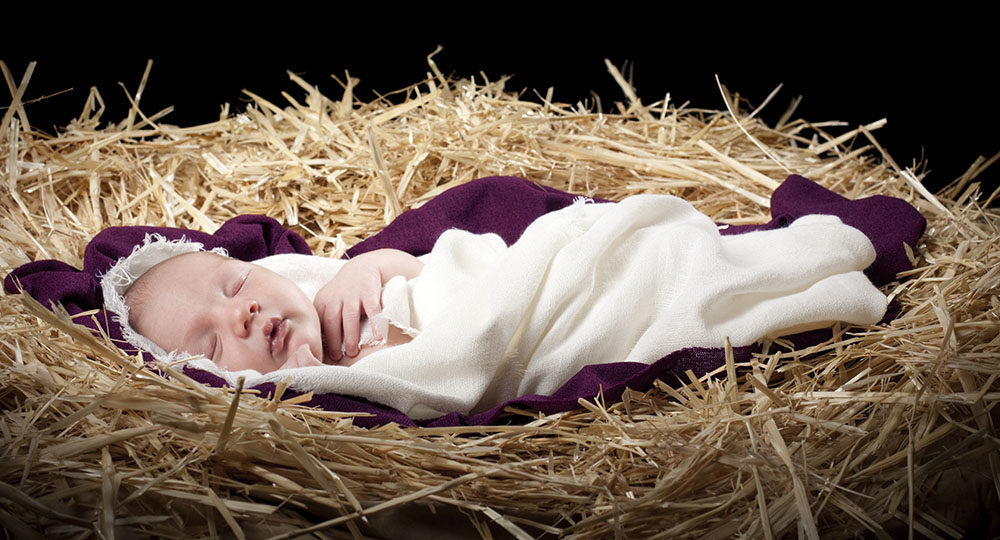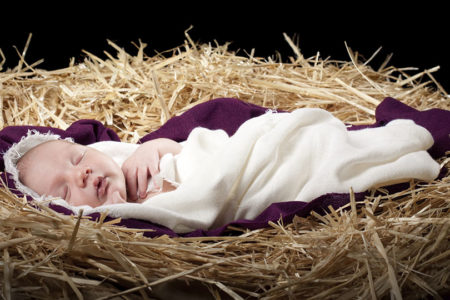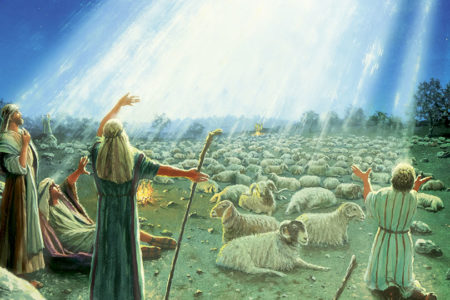If That Isn’t Love
It doesn’t take long for people to realize how much I love my little dog, Herbie. If I could, I’d take him with me everywhere. Herbie helped me understand how difficult it is for families to lose their beloved pets and why they sometimes make great financial sacrifices to take care of them.
He also helped me understand a story I once heard about a man who, without hesitation, paid an outrageous amount of money to buy back his dog from someone who had stolen it. His action was a wonderful illustration of redeeming love.
It is easy to see why someone would willingly pay a great price to redeem something for which he or she has a great love. Though unbelievers today are quick to denounce Christianity as exclusive or unfair or narrow in perspective, it is, in fact, the story of the greatest outpouring of redeeming love ever manifested on Earth and the result of the greatest redemption price ever paid in all of history. As the apostle Peter wrote,
You were not redeemed with corruptible things, like silver or gold, from your aimless conduct received by tradition from your fathers, but with the precious blood of Christ, as of a lamb without blemish and without spot (1 Pet. 1:18–19).
Although Adam and Eve’s sin thrust the world God had created into the hands of the evil one, whom Jesus three times called “the ruler of this world” (Jn. 12:31; 14:30; 16:11), Jesus’ sacrifice of Himself paid the price to redeem it. Speaking to believers, the apostle Paul wrote, “He has delivered us from the power of darkness and conveyed us into the kingdom of the Son of His love” (Col. 1:13). If we place our faith in Jesus, He transfers us from Satan’s kingdom into His own.
But the redemption price was not cheap. The eternal God took on human flesh and human limitations. He willingly left the splendor that was His in heaven and entered time and space in a humble manger in Bethlehem.
Jesus, the God-Man, is the only One who chose when He would be born, who His parents would be, the race into which He would be born, and the country of His birth. Through the incarnation, Jesus became a Kinsman to you and me.
In the pages of the Hebrew Scriptures, God revealed the concept of the kinsman redeemer, or go’el in Hebrew. To be a go’el one had to be a close relative (near kinsman) of the person needing redemption. He had to be willing and able to pay the price, which could be expensive.
In the book of Ruth, Boaz willingly became a go’el and married Ruth. He paid to redeem a field and father a child for Ruth whom he then raised. It is an account of unprecedented love as Ruth the Moabitess embraced the God of Israel and submitted to God’s Word.
Jesus is our Kinsman Redeemer. He came to buy back a world that was lost due to sin in the Garden of Eden (Gen. 3:1–7). As humans, we will never fully grasp what it cost God to take on a body and humble Himself to become one of us in order to become our Kinsman.
Messiah Jesus had all of the attributes of God: omnipresence (Mt. 18:20; 28:20), omnipotence (28:18), omniscience (Jn. 16:30; 18:4; 21:17), and more:
But [He] made Himself of no reputation, taking the form of a bondservant, and coming in the likeness of men. And being found in appearance as a man, He humbled Himself and became obedient to the point of death, even the death of the cross (Phil. 2:7–8).
The word for “bondservant” is the Greek word doulou, also rendered as doulos. The idea is that of becoming like a slave, devoted to another and disregarding one’s own interests. The eternal, self-existent Creator of the universe willingly became a man, and not just any man but a servant, a slave. He made the decision to be born as a human, face rejection and humiliation, and be crucified—all to pay to redeem us from the evil one.
That’s what the incarnation is all about. And if that isn’t love, I don’t know what is.







